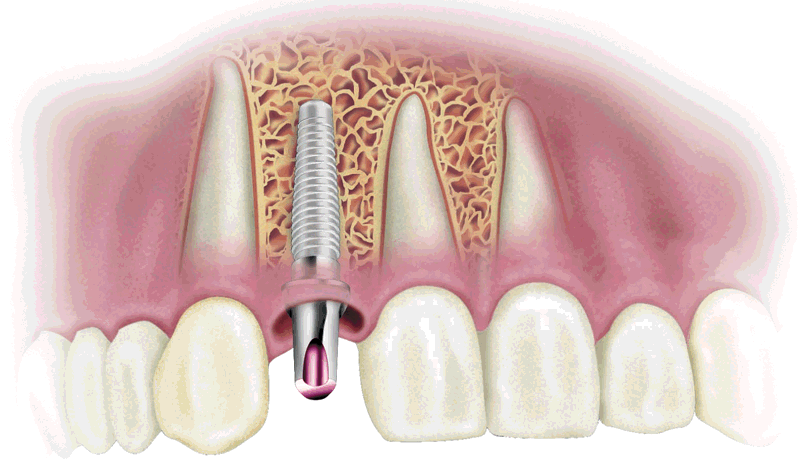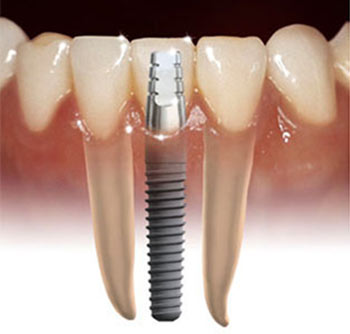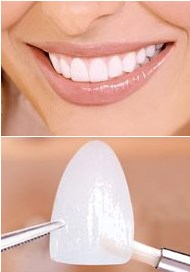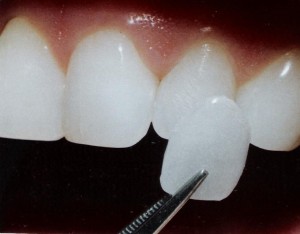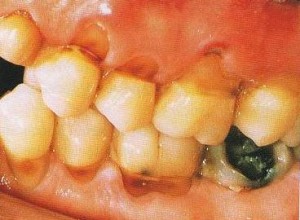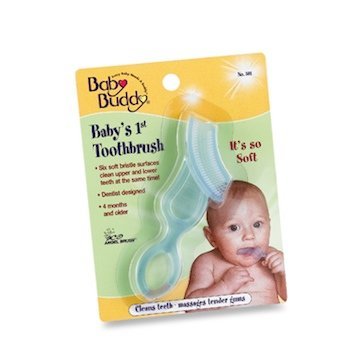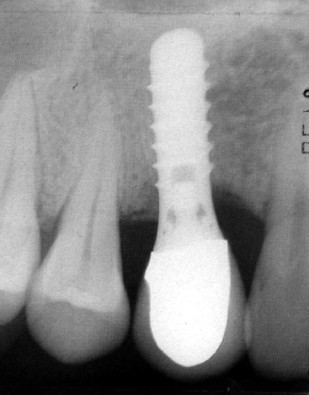 Could implants possibly be cancerous ?
Could implants possibly be cancerous ?
No instances has been reported in the dental or medical literature of dental implants causing cancer.
Are Implants Inserted for aesthetic or cosmetic reasons ?
Not usually. The primary objective of the dental implants is to give additional support to replacement teeth. Cosmetic enhancement is possible with the replacement teeth, However, and expectation should be fully discussed before treatment. Continue reading
